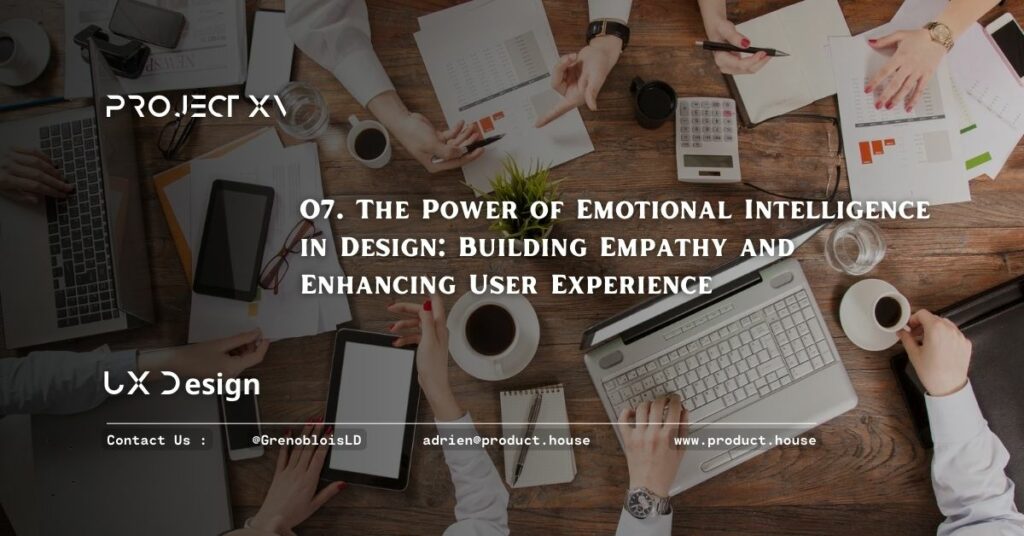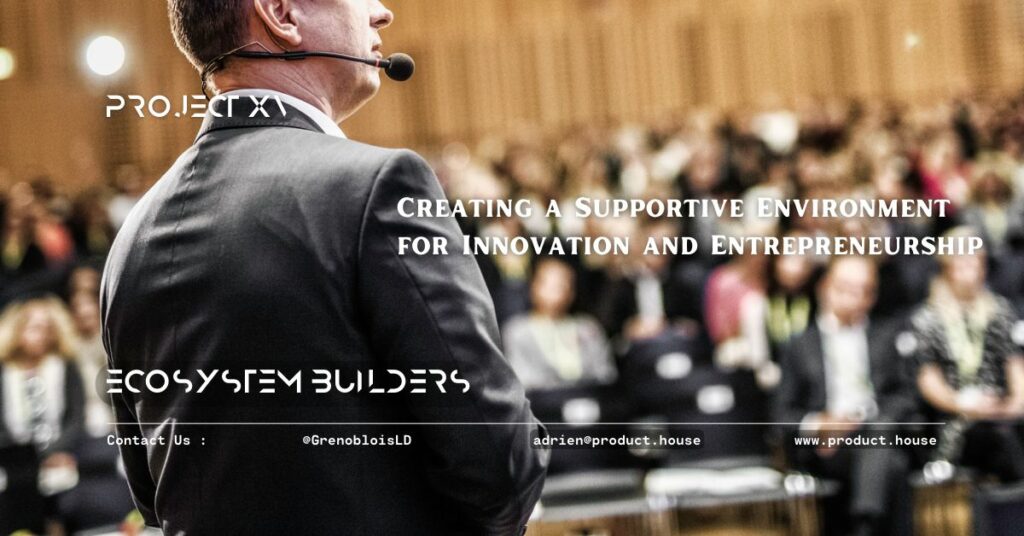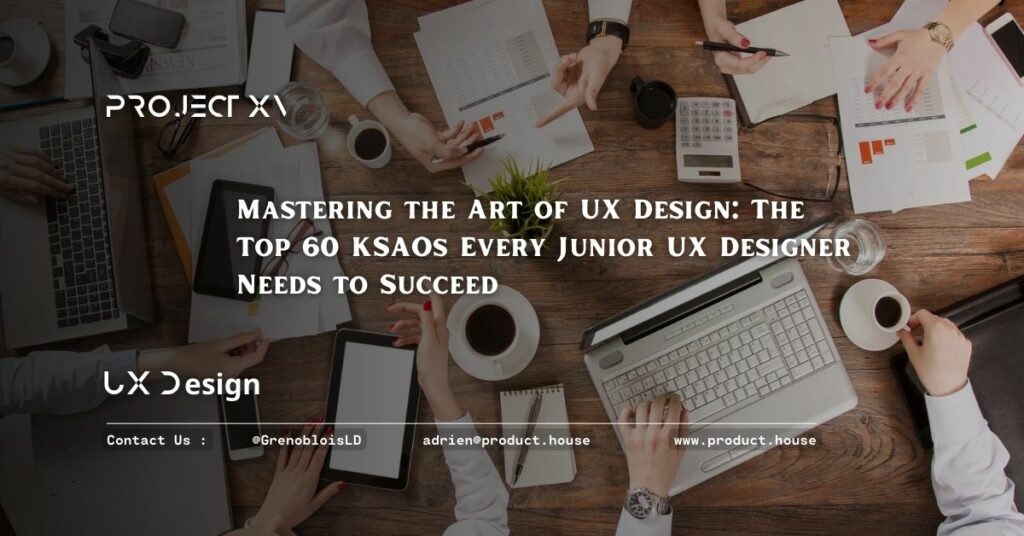O7. The Power of Emotional Intelligence in Design: Building Empathy and Enhancing User Experience

Emotional intelligence is essential for success in design. It involves building empathy, understanding user needs, and effectively communicating with team members and clients. In this article, we’ll explore the benefits of emotional intelligence in the design process, and how it can enhance the quality of design work.
Empathy and Understanding User Needs
Emotional intelligence is essential for empathy and understanding user needs in design. It involves the ability to understand and connect with users on a deeper level, and to create solutions that meet their needs more effectively.
One of the key benefits of emotional intelligence is that it can lead to more effective and user-centered designs. By building empathy and understanding user needs, designers can create solutions that provide a better user experience, and that meet user needs more effectively.
Design Process
Emotional intelligence is also essential for success in the design process. It involves effective communication, collaboration, and a commitment to delivering high-quality work that meets user needs and business goals.
One of the key benefits of emotional intelligence is that it can lead to more effective and efficient designs. By communicating effectively and collaborating with team members and clients, designers can create solutions that are more effective in meeting user needs and business goals, and that provide a better user experience.
Benefits of Emotional Intelligence
Emotional intelligence can have numerous benefits for designers and the design process. By building empathy, understanding user needs, and effectively communicating with team members and clients, designers can create high-quality work, solve problems, and innovate.
Additionally, emotional intelligence can lead to a positive work environment and greater job satisfaction. By building positive relationships with team members and clients, designers can enjoy the satisfaction of knowing that they are creating something of value, and can take pride in their work.
Conclusion
In conclusion, emotional intelligence is essential for success in design. It enables designers to build empathy, understand user needs, and effectively communicate with team members and clients. Therefore, it’s important for designers to prioritize developing and maintaining their emotional intelligence in their work.




